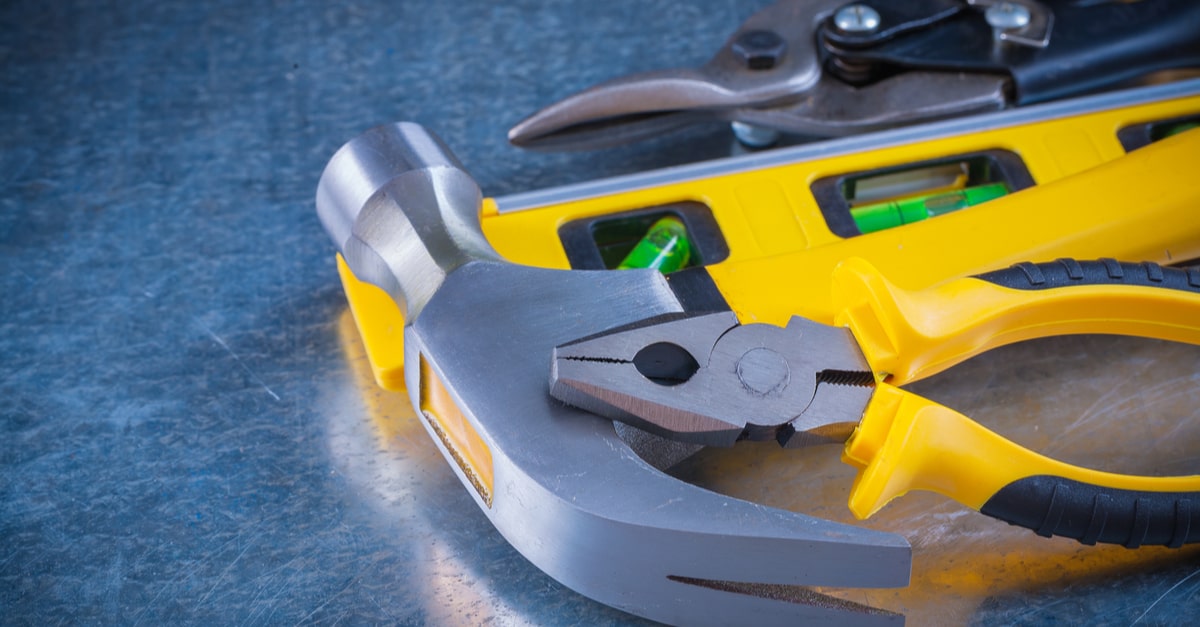Leading a highly skilled maintenance team will help to reduce costs, increase capacity and improve service for tenants. This type of skill and expertise only comes with an effective training program.
In The Ultimate Maintenance Manager’s Training Guide: Part 1, we explained how to attract new talent using training as a marketing tool and the importance of investing in online, on-demand training. Phases 3 and 4 focus on efficient training aimed at keeping techs on board for the long haul.
Phase 3: Train Your Team Efficiently and Effectively
Do you know the biggest challenge maintenance managers have with new hires? They don’t have a way to properly assess their current skill levels.
At best, they try to understand techs’ abilities by shadowing as they handle common jobs; at worst, they rely on resumes that don’t tell the complete story. If you’re a manager who isn’t able to prioritize technician skills assessments before sending them into the field, then you’re probably finding that your tickets aren’t being resolved on the first call.
During the onboarding process, assessing a new tech’s skill level will give you better insight into your team’s strengths and weaknesses, so you can send the right people out on the right jobs, the first time. By doing this, you can avoid callbacks, rework and errors.
Determining the existing skills and aptitudes of green maintenance techs who are eager to get started helps you plan their training experience accordingly. Some new hires will be more experienced than others, so gauging their knowledge level is critical to providing them with the customized training they need. By doing this, you can start building their confidence in the field.
This is best done by having each new team member complete a thorough, objective assessment that accurately ranks their knowledge in specific key areas. For example, an assessment of heating, ventilation and air conditioning (HVAC) proficiency might break skills down into the following categories:
- Electrical Meter Use
- Converting Pressures to Temperatures
- Evaluating Refrigerant Charge
- Verifying Proper Airflow for AC
- Measuring Input
- Verifying Proper Airflow for Heat
- Vent Inspection and Verification
- Sequence of Operations
- Wiring Diagram Comprehension
- Combustion Efficiency and Safety
A comprehensive assessment will help you to identify each employee’s strengths and weaknesses. From there, you can concentrate on the skills they need to strengthen with targeted learning paths.
Custom Learning Paths
Training is not one-size-fits-all. After an initial assessment, team members can be assigned customized learning paths to guide them through learning the right skills in the right order.
By creating a personalized sequence of courses, simulations and other educational materials, organizations can provide faster, more efficient training that develops their careers rapidly.
Michael Lewis is the Director of Maintenance and Engineering at Campus Apartments, one of the largest providers of on- and off-campus housing in the U.S. He oversees maintenance staff training across 37 properties, 18 states and throughout 50+ colleges and universities. What Michael does is create different learning paths for each style of property in the Campus Apartments portfolio.
From mid-rise to high-rise to garden style, he makes sure his staff are equipped with the skills necessary to handle whatever issues come up by property type.
Training new hires is standard practice, but as your techs’ careers advance, many of them will want to cross-train and expand their skill sets and responsibilities. Offering continuous learning opportunities retains employees while keeping them engaged and consistently developing their skills.
Phase 3 Summary:
- Not assessing new hires’ skill levels is the biggest mistake maintenance managers make
- Assessing new techs’ skills gives you insight into your team’s aptitudes and skills gaps
- New hires can be assigned customized training based on their skills assessment results
- Targeted learning paths help techs ramp up their skills quickly and effectively
- Continuous learning provides opportunities for cross-training and career advancement
Phase 4: Develop and Retain Your Talent
Growing your technicians’ skill levels helps your company stay competitive within the multi-family facilities maintenance industry and helps you retain a talented team of technicians. Improving job satisfaction for employees increases retention rates and reduces workforce turnover for your organization.
Two successful strategies for retaining technicians are:
- Keeping tabs on performance to determine any areas that need improvement
- Providing incentives for training
During the COVID shutdown, Dual Temp Service Manager Dakota Brown and Service Director Geoff Stewart used the downtime to focus on training and education. In addition to a shortage of upper-level technicians available for hire, within the company opportunities for advancement were limited. The pair began to develop a plan for career laddering using online content and Digital Experiential Learning (DExL) as their core training and assessment tool. By creating career paths specifically tuned to their techs’ skill levels, coupled with performance tracking, they are now offering incentives for their employees to stay and grow within the company.
Green techs aren’t able to impact a business like your mid-career techs, and mid-level techs aren’t as profitable to you as senior-level techs. Why not use the completion of a learning path as a benchmark for “leveling” or earning a raise? With each completed course, your techs will know more and be able to do more, meaning they can continue to earn better money for your company.
When you reward your techs with raises, chances are they will train more than you anticipate because the goals are real, attainable and help to advance their careers at the same time.
Track Performance
To make maintenance training and education effective for your dream team of technicians, tracking their progress is a must. To accurately gauge a techs’ progress, they should be reassessed as they advance along their learning paths. This will also help them to identify areas where they would like to grow and guide more targeted training.
Integrated training systems that include tools for tracking and assessment allow you to:
- Assess technicians’ skill levels at any time through competency-based assessments and field troubleshooting simulations
- Identify strengths and weaknesses and assign expert-led, on-demand courses in HVAC, electrical and plumbing to target gaps
- Encourage training as a priority with custom learning paths designed to promote employee career growth
- Manage hundreds of employees, at varying levels, across multiple locations
- Improve your company’s bottom line with an effective and efficient training program
The ability to track training engagement and progress offers benefits to both managers and employees. While a tech’s learning patterns help to direct learning paths and gauge skill levels, they can also be factored into long-term decisions such as, which team members to promote or which to give raises.
LMS Integration
Many large-scale enterprise maintenance companies are already committed to a learning management system (LMS) for training their employees. When this is the case, it’s imperative that the maintenance tech training system you choose can be integrated into your existing system. Having a one-stop-shop, where your employees log in for training, eliminates the confusion and redundancy of using multiple platforms.
When Edward Rose & Sons chose a provider of simulation-based technical training to partner with, their learning management system also became a partner in the initiative. The training system they chose was adaptable to any learning management system, which was critically important to their decision.
For Edward Rose & Sons, the investment in sophisticated, modern service technician training marks a turning point in their business. Not only do they intend to stay ahead of the curve, but they also look forward to establishing a culture of learning that will serve as an example to the industry.
Phase 4 Summary:
- Growing technicians’ skills levels helps you stay competitive in your industry
- Continuous learning improves job satisfaction and reduces employee turnover
- Tracking progress and training makes education more effective for your technicians
- Incentivizing learning with potential job advancement results in higher rates of training
- Periodic assessments help to identify desired growth areas and guide targeted training
- Choosing a system that integrates with your learning management system is a must
Explore Cutting-Edge Maintenance Training Options
Your commitment to providing quality training is imperative to building your maintenance team. When you offer digital, hands-on learning opportunities and training incentives, your techs are motivated to improve their skills. While of course, this produces better work, it also improves your bottom line. Training isn’t what it used to be. Digital Experiential Learning (DExL) is the next generation of training, providing faster, more powerful learning solutions that are both affordable and scalable.
For a cutting-edge solution to your maintenance training needs, look for a system that
is completely online and provides all the tools you need to take your training to the next level. Innovative training methods, like 3D and virtual reality (VR) simulations, help attract the best talent, but also keep them engaged with interactive features. Find a customizable dashboard that helps you assess, train and manage your workforce, all in one place.
Training your maintenance techs effectively is critical to creating a skilled, hardworking, cohesive team. However, training them efficiently is what will reliably increase your profits. Following the steps laid out in this guide, will help you build up your new hires into tenured, experienced technicians who show up motivated to do their best work.
Building and managing a dream team of maintenance techs doesn’t happen by chance. In today’s environment, you need to be prepared to attract and retain a new generation of techs by offering them cutting-edge training and opportunities for advancement. In-person mentorship and training is resource-intensive and limited in scale, which is why Digital Experiential Learning (DExL) is so valuable. Training faster, smarter and more efficiently is the only way to move forward and get ahead in the demanding maintenance industry. Stop waiting for the right talent and start building your own workforce.
Check out a demo to see how SkillMill can revolutionize your maintenance technician training program. You can also take the first step to training your team more effectively and efficiently by downloading the complete four-phase handbook.








